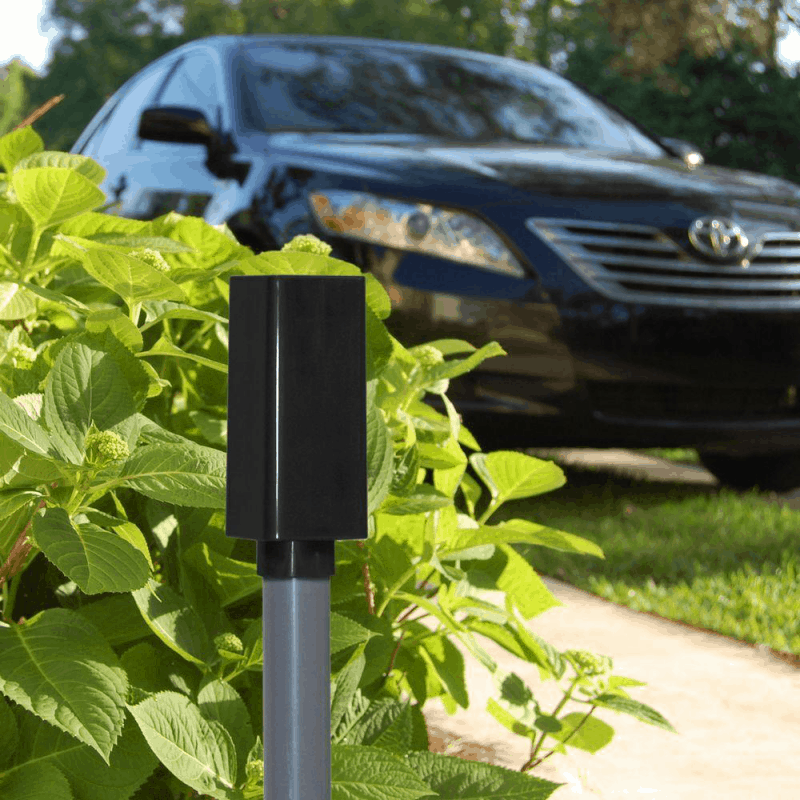Having a large property with a huge driveway is a sign of wealth that can not only make the neighbors green with envy, but can also be an open invitation to burglars to scout the property. However, your driveway doesn’t have to be a huge weak spot: you can simply set up special driveway alarms to elevate your home’s safety level even further. Such devices are meant to spot machines instead of people, and instantly alert the residents the moment an unknown vehicle enters the property. Moreover, the driveway alarm can double as a customer sensor for restaurants and businesses with a drive-through service.

Before you start browsing the internet for the perfect driveway alarm, you must make up your mind about one important feature: whether it should be wired or wireless. Wired systems are known to be more expensive, plus you have to run a cable from the sensor to the control unit. However, wired devices are definitely more accurate and reliable than their wireless counterparts.
Speaking of those, wireless systems are a bit more cost-friendly and don’t require users to be tech-savvy when it comes to its installation. However, the range of wireless devices is far inferior compared to the wired versions, not to mention they run on battery power, meaning they might turn off when they are most needed. Still, wireless technology is the future, and the rising popularity of home automation promises other benefits as well.

The time and energy required to set up your driveway alarm depends on the device itself. If you have a wireless system, you have to put the batteries into the receiver and the sensor, then you have to turn them on to initiate the synchronization between the devices. Once they have established a connection, you can choose a melody/alarm sound, after which you can install the devices. Professionals recommend users to put the sensor in a spot that is at least 3 feet from the ground, and place no object between the sensor and the receiver to prevent interference.
As for a wired system, you don’t need to worry about battery changes, only the cables running from the sensor to the main unit that you have to hide to avoid suspicions.

There are countless driveway alarms sold on the internet, but we can ensure you that our three picks represent quality and a different array of features.
It’s important to remember that every home is different, thus the ideal driveway alarm depends on several factors. For example, trees, small walls and other garden objects reduce the effective range between a cellular sensor and a remote receiver. Also, try to avoid fake alarms triggered by kids or prowling raccoons by opting for a device that only detects large metallic objects.
Obviously, alarms with a larger range are better, but this often comes at the price of a lower battery life. However, a more important factor is the ability of network expansion: a good receiver can handle more than one sensor.
No matter how satisfied you are with your choice regarding the driveway alarm, you need to protect the whole property, not just the front yard. Our advice is to use the driveway alarm alongside a trusty home security system.
These home security systems not only offer high-quality wireless alarms, but smart garage openers as well. In addition to that, setting up outdoor video cameras definitely makes criminals think twice before raiding your home, while you will be able to check on your driveway via the live streaming feature. But the best thing is that home security companies often license their equipment from different manufacturers, so it’s possible to purchase a driveway alarm alongside other sensors or cameras.
The Best Reviews team researches and tests all products first-hand. We've been reviewing products and services since 2012 and are proud to only publish human-created content.
Share your thoughts, ask questions, and connect with other users. Your feedback helps our community make better decisions.
©2012-2025 Best Reviews, a clovio brand –
All rights
reserved